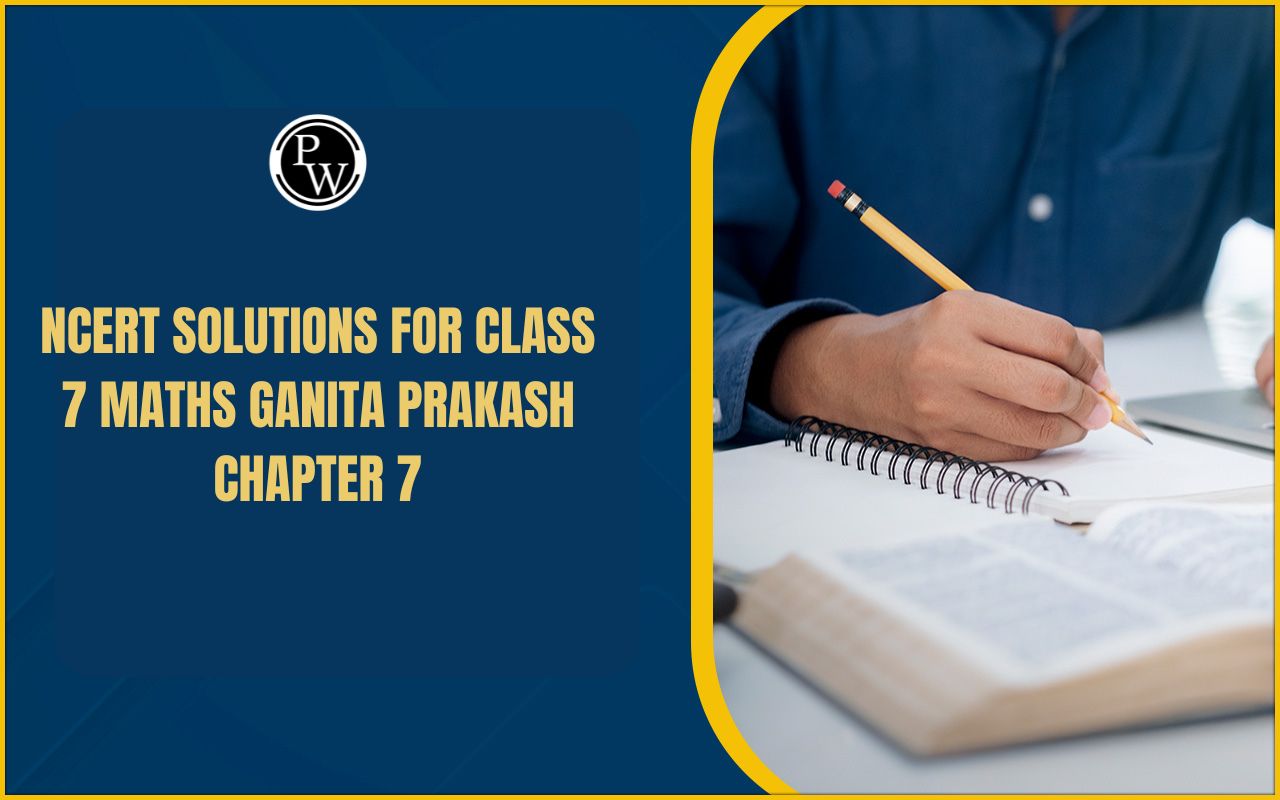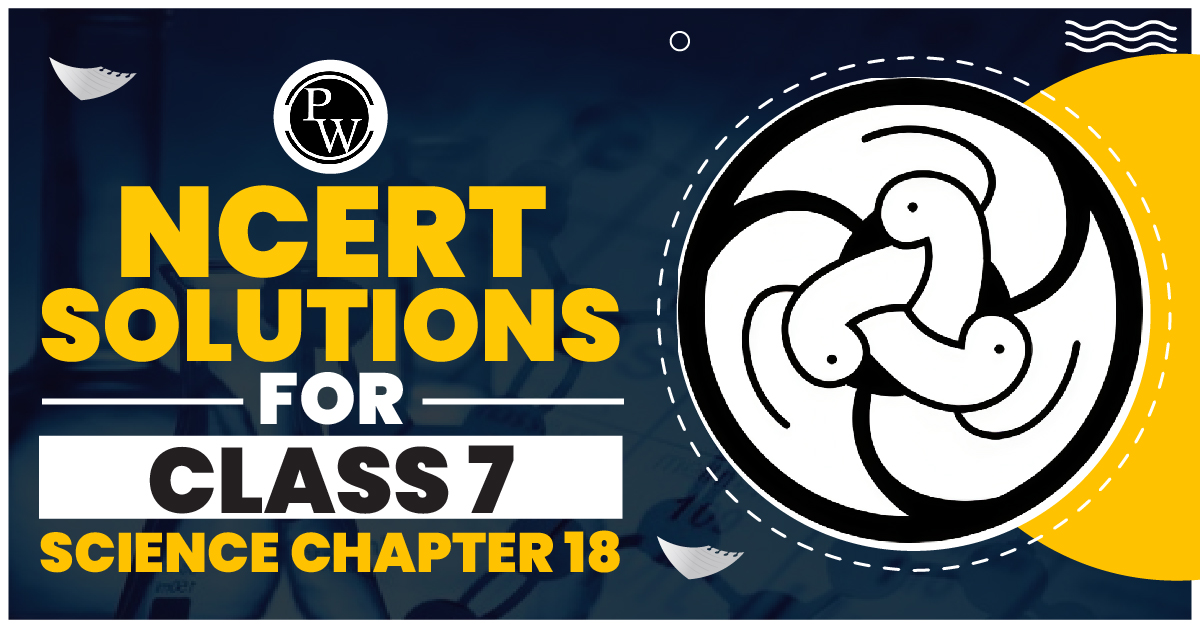

What is the Best Study Routine for Class 7?: The best study routine for Class 7 should balance focused learning with relaxation. Start your day with a quick revision of previous lessons, followed by dedicated study time for each subject, focusing on one subject at a time. Use active learning techniques like summarizing and practicing questions. Take short breaks every 45-60 minutes to stay refreshed.
Prioritize difficult subjects earlier in the day when you're most alert. Keep time for activities you enjoy, such as sports or hobbies, to avoid burnout. Remember, consistency is key, but don’t stress—stay positive and enjoy the learning journey.What is the Best Study Routine for Class 7?
Subject Wise Study Routine for Class 7
A well-planned study routine for Class 7 helps maintain balance between academics and relaxation. It’s essential to dedicate specific time slots for each subject while ensuring regular breaks to avoid burnout. Check the table below carefully for a structured study plan that includes time for focused learning, revision, and recreational activities. This routine will help you stay organized and improve your overall performance while keeping stress at bay.|
Subject Wise Study Routine for Class 7 |
||
| Time Slot | Activity | Subject Focus |
| 6:30 AM - 7:00 AM | Wake up & Morning Refreshment | - |
| 7:00 AM - 7:30 AM | Revision of Previous Day’s Lessons | Review of all subjects |
| 7:30 AM - 8:30 AM | Focused Study Time | Mathematics (Practice problems) |
| 8:30 AM - 9:00 AM | Short Break | - |
| 9:00 AM - 10:00 AM | Focused Study Time | Science (Concepts & Notes) |
| 10:00 AM - 10:30 AM | Break (Snack/Relaxation) | - |
| 10:30 AM - 11:30 AM | Focused Study Time | English (Grammar, Writing) |
| 11:30 AM - 12:30 PM | Study Time | Social Science (History/Geography) |
| 12:30 PM - 1:00 PM | Lunch Break & Rest | - |
| 1:00 PM - 2:00 PM | Focused Study Time | Hindi (Writing/Grammar) |
| 2:00 PM - 3:00 PM | Practice or Reading (Optional) | Any subject of choice (Revise weak areas) |
| 3:00 PM - 3:30 PM | Break (Relax) | - |
| 3:30 PM - 4:30 PM | Focused Study Time | Mathematics (Concepts/Practice) |
| 4:30 PM - 5:00 PM | Break (Outdoor activity) | - |
| 5:00 PM - 6:00 PM | Focused Study Time | Science (Experiments/Revision) |
| 6:00 PM - 6:30 PM | Break (Snack/Relaxation) | - |
| 6:30 PM - 7:30 PM | Focused Study Time | English (Reading/Comprehension) |
| 7:30 PM - 8:30 PM | Free Time or Extracurricular Activity | - |
| 8:30 PM - 9:00 PM | Light Revision / Flashcards | General Revision (All Subjects) |
| 9:00 PM - 9:30 PM | Dinner & Relaxation | - |
| 9:30 PM - 10:00 PM | Final Review or Recap of Day’s Learning | Weak Areas / Planning for Next Day |
Steps to Prioritize Subjects while Creating a Study Timetable for Class 7
When creating a study timetable for Class 7, prioritizing subjects is crucial to manage time effectively. Here are the steps to prioritize subjects:1. Assess Subject Difficulty
Identify Strengths and Weaknesses: List out the subjects you find most challenging and those you are comfortable with.
Prioritize Difficult Subjects: Allocate more time to subjects you find harder to grasp (e.g., Math, Science), especially if you feel less confident.
2. Review the Syllabus
Understand the Syllabus: Go through the syllabus to identify subjects with more content or topics that require extra focus (e.g., Science may have a lot of formulas, whereas Social Science involves lots of history and geography concepts).
Highlight Important Topics: Some topics may carry more weight in exams (e.g., in Math, algebra may be more important than basic arithmetic).
3. Consider Exam Schedule
Check Exam Dates: If your exam schedule is known, focus more on subjects coming up first.
Subject-specific Focus: If certain subjects are scheduled earlier, allocate extra time to revise those topics first.
4. Daily Study Load Balance
Divide Time Equally: Try to give a balanced amount of time to all subjects throughout the week.
Avoid Overloading: Don’t overload your schedule with difficult subjects in one sitting. Alternate between subjects you find challenging and easier ones to avoid fatigue.
5. Include Breaks
Don’t Study for Long Hours at Once: Take regular breaks between subjects. This helps maintain focus and prevents burnout.
Switch Subjects for Freshness: Switch between subjects like Math, Science, and Languages to keep the mind engaged.
Preparation Tips for Class 7 Exam 2025
Here are some preparation tips for Class 7 exams in 2025:1. Understand the Syllabus
Go through the Class 7 syllabus carefully to identify important topics in each subject. Focus on subjects like Math, Science, Social Science, English, and Hindi, ensuring you understand the basics.2. Create a Timetable
Develop a study timetable with specific times for each subject. Prioritize subjects based on difficulty level and exam schedule.3. Conceptual Clarity
Make sure you have a strong understanding of core concepts in subjects like Math and Science. Focus on practical examples to strengthen your concepts.4. Practice Regularly
Solve practice papers, worksheets, and previous year question papers. Practice mental math and quick calculations for Math and reasoning-based questions.5. Use NCERT Textbooks
Stick to NCERT textbooks as they are the most reliable resource for Class 7 exams. Ensure you understand every topic explained in the textbook.6. Revise Regularly
Schedule time for daily revision of what you've learned. Review notes and summaries to reinforce learning.What is the Best Study Routine for Class 7? FAQs
What is the best study routine for class 7?
How much should a class 7 student study?
Which is the hardest subject in class 7?
How can I focus 100% on studying?












